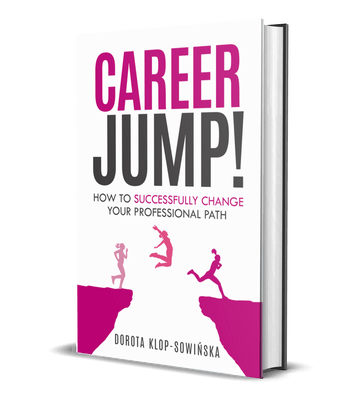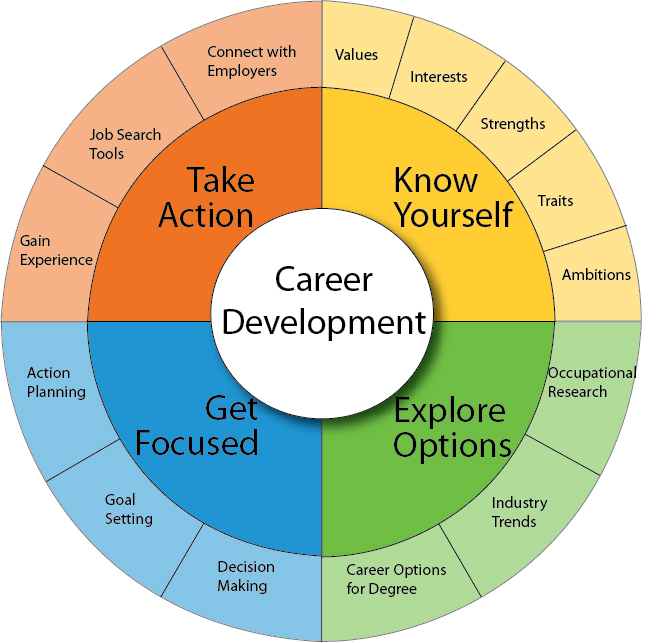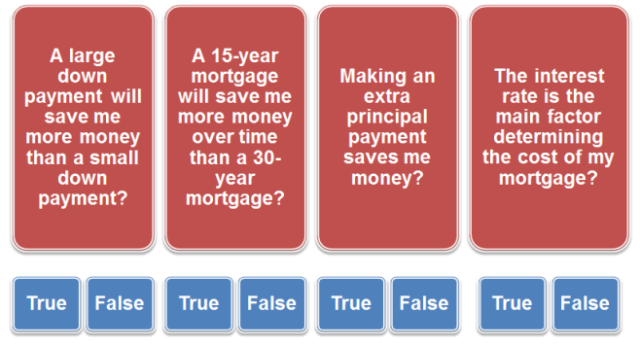
There are many steps involved with planning a job, but these steps will help ensure that your career is successful. These include setting goals and creating a detailed list with short- and long-term goals. It is important to be flexible in order to adapt to changes in your job and career. The following steps will guide you to creating a professionally-written career plan.
Goal setting
Planning your career involves setting goals for the future. Setting goals is only part of the process. Your attitude and education also play a role. You can use a career roadmap to help you reach your professional goals. You can also use your personal goals to set new goals. Remember, your career is a reflection both of your personality as well as your past experiences. Ask someone you trust to help you determine where to begin. Seek out successful colleagues or admire people to learn how they set their goals. Ultimately, you should calculate your value as a professional to set your goals.
A goal template can help you to make sense of all the options if you feel overwhelmed. Templates might not be able to help you define your goals and could limit your potential. Using a SMART goal framework can help you create clear goals that will increase the likelihood of your success. A goal should be both realistic and achievable. It should answer the following questions. Using a career plan can help you identify your values and determine your career path.

Create a detailed list with short-term and long-term goals
For long-term goals to be achieved, it is important to set short-term objectives. It is possible to accomplish short-term objectives immediately. However, it is more difficult to reach long-term targets. These goals will require planning. Long-term goals should be challenging and require a lot of time and effort. To become a doctor, you'll need to spend at least four years in college. You will also need to spend three to eight more years in residency and medical school.
Creating a detailed list of short-term and long-term goals can help you stay motivated throughout the entire process. These lists can be modified or scrapped according to your circumstances. Once you have made a detailed list of long-term and short-term goals, it's important to check in with it monthly and acknowledge smaller wins along the way.
Finding training opportunities
Before you begin looking for a career, make sure you know what kind of training you require. The General Accounting course is a good option if you are interested in becoming an accountant. After you have completed the course, discover which employers are most interested in your skills. Then research the industry's current growth rate and the education requirements. After you have identified the type of training that you need, you can start looking for ways to get it.
While many people have strong career goals, the truth is that they are often busy with their jobs and live a hectic lifestyle. These people seek out "just in-time" learning opportunities, such as webinars and online courses. This strategy can be extremely helpful. In some cases, you can even find a career that requires no formal education at all. No matter how you search for a program to train, it's likely that one will suit your interests and needs.

Keeping flexible to the effects of changes in career
Because of rapid technological developments, global markets, and political landscapes, workplaces can be unpredictable. Most organizations have recently undergone some sort of change. People have taken on new responsibilities, joined different teams and been involved in various functions. Some industries are undergoing rapid change, and employees must adjust to the succession of managers. You can adapt to changes in career planning by being flexible.
It is important to be flexible because it increases your reliability. Flexible thinking can help you build your reputation and open up new career possibilities. It builds trust with co-workers, colleagues, and friends. It can improve your mental health as it helps you stay focused on your goals, and help you see the positive side of challenges. Flexibility in your professional life will be a benefit to you in many other areas. It's a win-win for everyone.